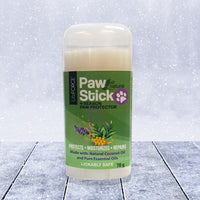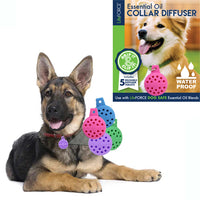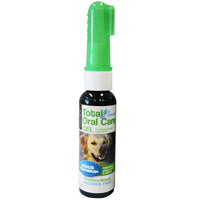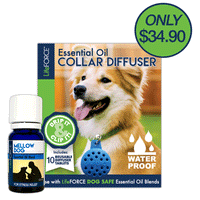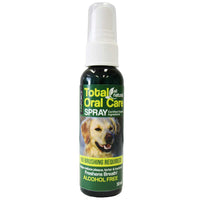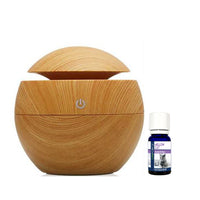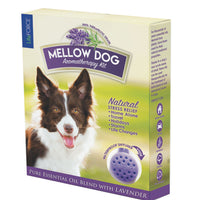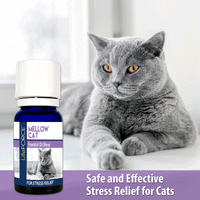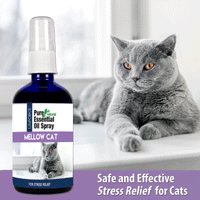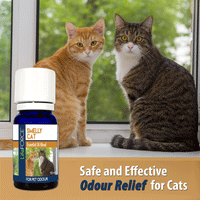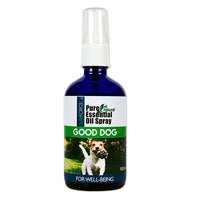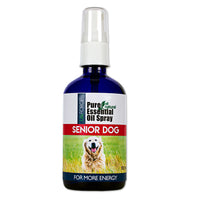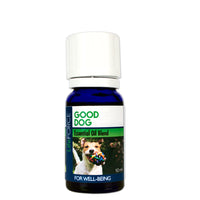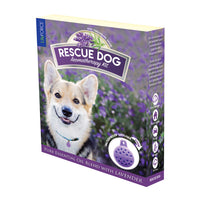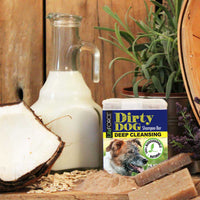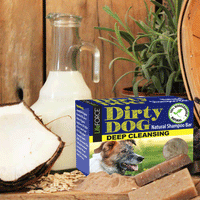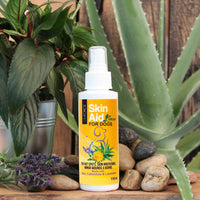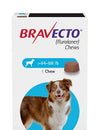What’s the difference between extra-virgin olive oil, and plain olive oil? Does it matter which one I give my pet?
 Olive oils are graded according to their extraction process and on the acidity of the pressed oil. Extra-virgin olive oil is extracted from olives using pressure only, a process called cold pressing. “Extra-virgin olive oil has 1% acid. It’s the oil that comes from the first pressing of the olives, and is considered the finest, having the freshest, fruitiest flavor,” says Dr. Timothy Harlan, MD, assistant professor of clinical medicine at Tulane University.
Olive oils are graded according to their extraction process and on the acidity of the pressed oil. Extra-virgin olive oil is extracted from olives using pressure only, a process called cold pressing. “Extra-virgin olive oil has 1% acid. It’s the oil that comes from the first pressing of the olives, and is considered the finest, having the freshest, fruitiest flavor,” says Dr. Timothy Harlan, MD, assistant professor of clinical medicine at Tulane University.
If we’re committed to feeding our pets nutritious foods, it makes sense to try and deliver the best. Food that has fresh, fruity flavour is always agreeable, however extra-virgin olive oil delivers health benefits that other oils just can’t match. Extra-virgin olive oil is rich in antioxidant capability, thanks to its polyphenols, vitamin E, chlorophyll, and carotenoids. All of these nutrients strengthen the immune system. Extra-virgin olive oil also contains monounsaturated fats, which can lessen the risk of cardiovascular disease and diabetes.
As well, monounsaturated fats break down the fat inside fat cells; extra-virgin olive oil, then, can help facilitate weight-loss... which is why it is called a “good fat”. If a dog or cat carries an excess body weight of 10 to 15 %, clinically, he or she is considered obese. And as veterinarians forewarn, obesity can lead to disease.
One of the risks of canine and feline overweight is stroke. All animals can potentially suffer from a stroke, but older obese animals are more susceptible.
A French study involving extra-virgin olive oil and people aged 65 and older holds relevance for our pets’ wellbeing. "Stroke is so common in older people and olive oil would be an inexpensive and easy way to help prevent it," said study author Cécilia Samieri, PhD, with the University of Bordeaux and the National Institute of Health and Medical Research (INSERM) in Bordeaux, France. Her team studied 7,625 people aged 65 and older. The participants had no history of stroke. Their olive oil consumption was categorized as “none,” “moderate” and “intensive.” The participants consumed mainly extra virgin olive oil, as this form makes up 98 % of the olive oil available in France. After five years, there were 148 strokes among the group. After considering all other risk factors for stroke, researchers found that those who fell in the “intensive olive oil use” category had a 41 percent lower risk of stroke compared to those who never consumed olive oil. www.sciencedaily.com/releases/2011/06/110615161749.htm.
We want our pets to live long healthy lives, and a daily serving of extra-virgin olive oil in their diet may help to make that possible.

